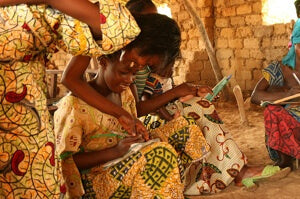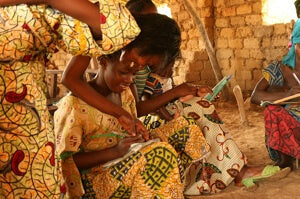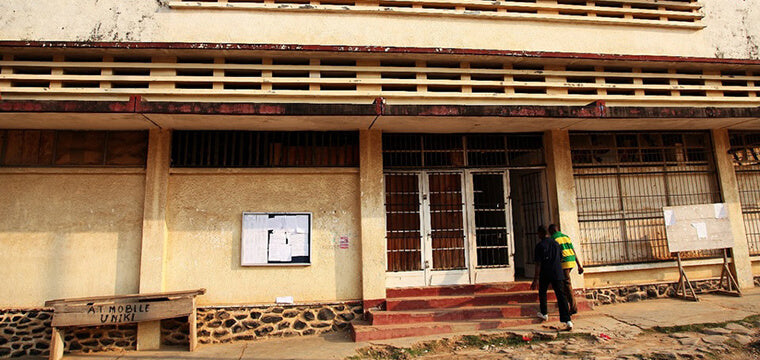
for bright minds

need
Students who cannot afford to study
activity
Tuition fees are covered and the development of your own projects is supported
Measurable performance
Number of students whose tuition fees can be covered
Result
Number of students who obtain a higher education qualification and number of students who successfully implement their own projects
Systemically relevant impact
Improved educational opportunities for young people in need, promotion of personal initiative, reaching more people through the multiplier effect of the scholarship holders
background


The good deed
AboutDemocratic Republic of Congo

kinshasa
Capital city
67,514,000 (2013)
Population
237 US$
Gross domestic product
per capita per year
186
Human Development Index
(Human Development Index)




